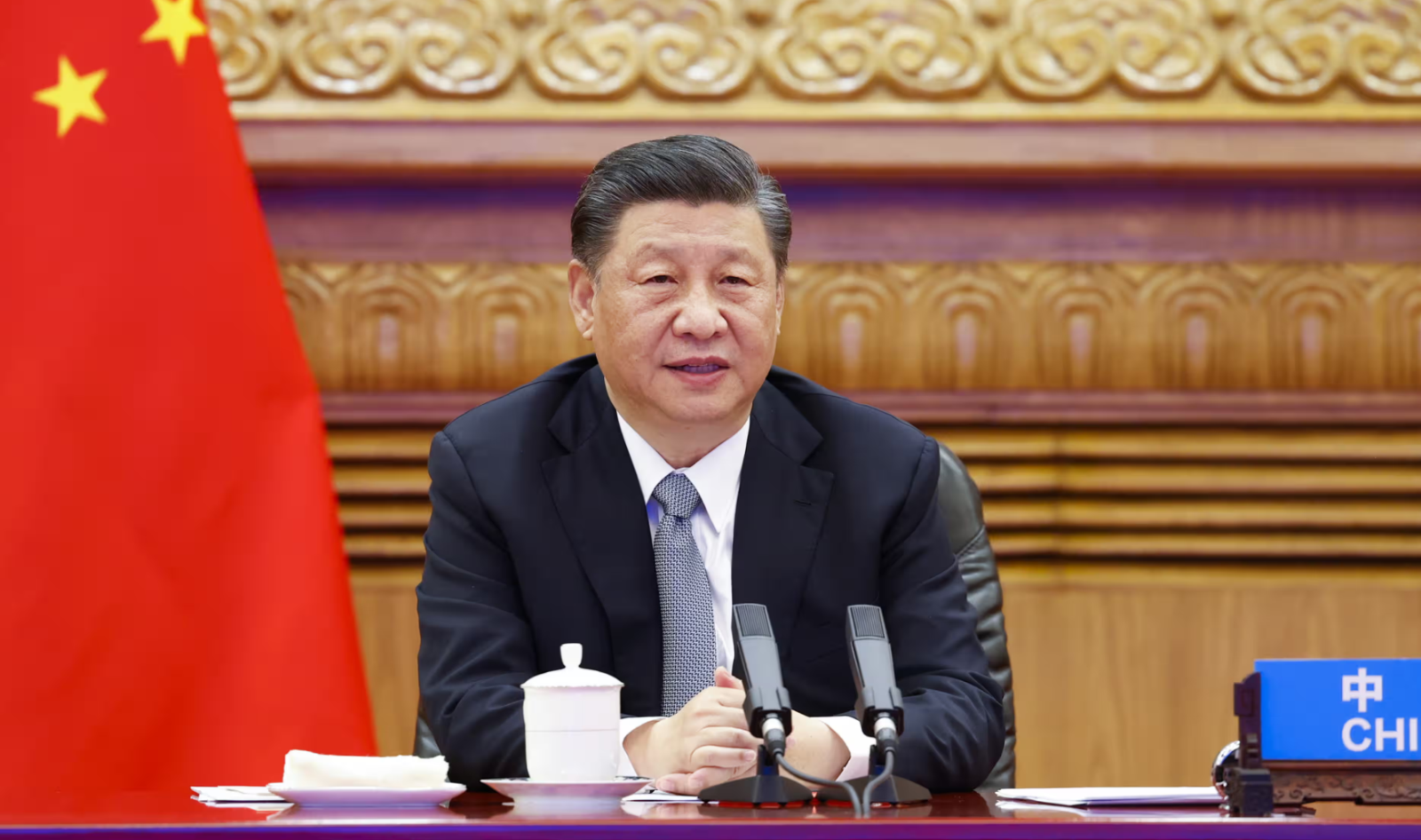
Speaking alongside UN Secretary General António Guterres, Brazil's president Luiz Inácio Lula da Silva, European Commission chief Ursula von der Leyen, and other world leaders, Xi reaffirmed China's determination to accelerate the transition to clean energy, even as international tensions mount.
"China has built the world's largest and fastest-growing renewable energy system," Xi said, according to a draft of his remarks. Without naming Trump or the United States directly, he warned that "persistent unilateralism and protectionism" from some major countries had undermined international cooperation — but insisted that solidarity could steer the world through the "headwinds" facing climate governance.
'No government can halt the clean energy revolution'
After the summit, Guterres delivered an unequivocal message: "No group or government can stop the clean energy revolution. Science is on our side, and the economics have shifted."
Although Guterres did not name the U.S. president directly, the meeting's tone was overshadowed by growing concerns over the Trump administration's antagonism toward international climate cooperation. Sources indicated that the U.S. was not invited to the closed-door session.
China's active participation was seen as especially significant. Xi rarely attends such multilateral meetings, but Beijing appears keen to present itself as a reliable global partner — particularly as the U.S. grapples with economic turmoil and rising tensions over tariffs and trade.
The U.S.-China trade war, intensified under Trump, has triggered financial turbulence, with American markets slumping and investors seeking safer havens. China, meanwhile, has tightened controls over critical minerals essential for clean energy technologies like solar panels and electric vehicles.
Shifting global alliances
China's absence from a separate London summit on energy security — hosted by the UK and the International Energy Agency this week — underscored the deepening rift. In contrast, the U.S. will send a lower-level official to the London meeting, highlighting its diminished role on the international energy stage.
The White House also found itself on the defensive after rumours surfaced of potential new restrictions on climate advocacy groups, forcing officials to deny plans for a controversial executive order.
Urgency ahead of COP30
Despite the political tensions, the leaders attending Wednesday's summit reaffirmed their collective commitment to advance new national climate plans by September, ahead of COP30 in Brazil this November.
Guterres urged richer nations to step up climate finance for the most vulnerable countries, calling for a detailed roadmap to deliver on the $1.3 trillion per year pledge agreed at last year's COP29.
"Our world faces massive headwinds," Guterres said. "But we cannot allow climate commitments to be blown off course."